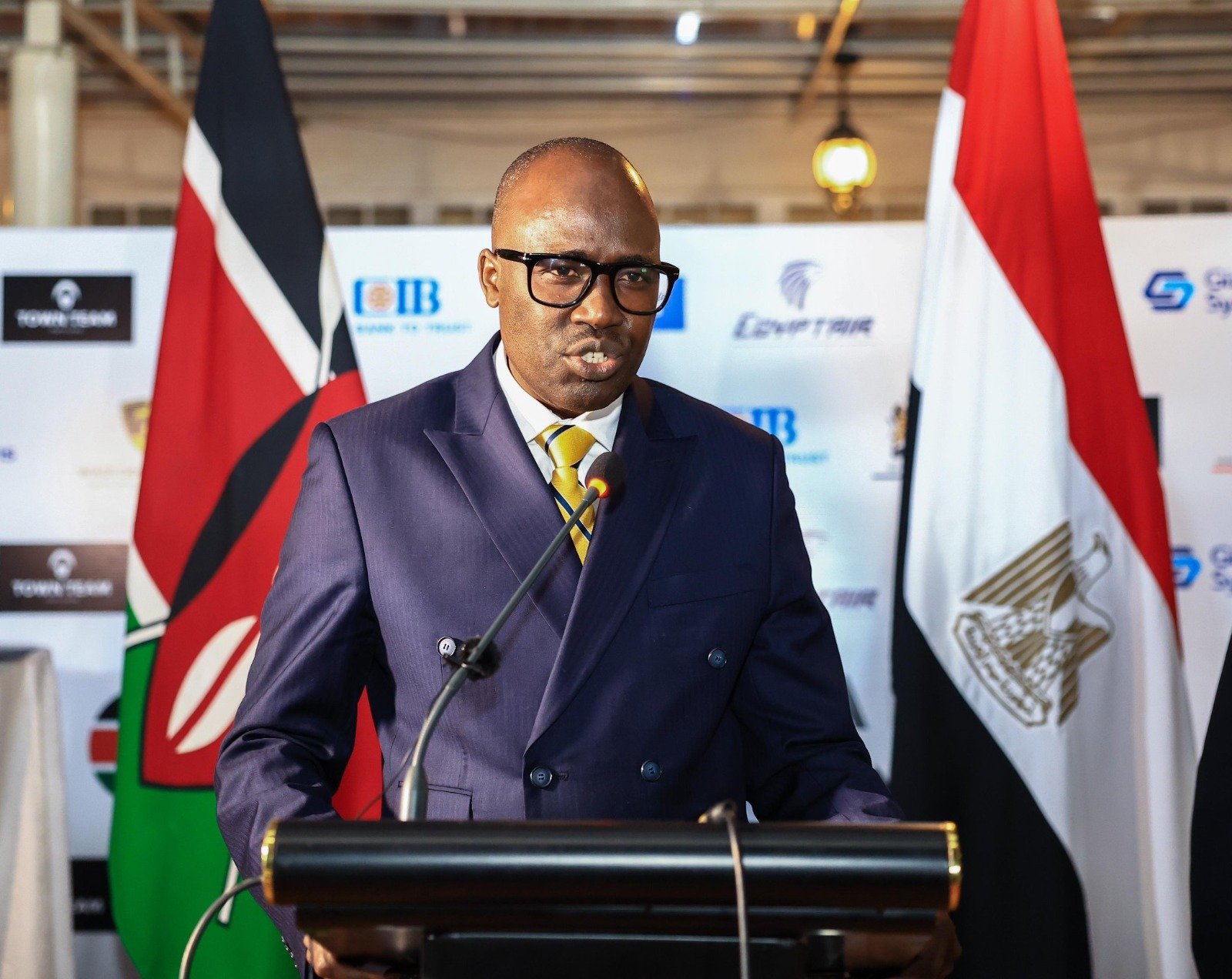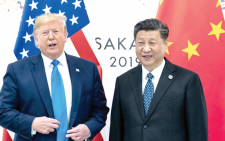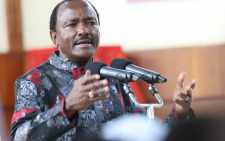Craze for ‘Dr’ titles spotlights award processes

Recognition of the value of the degrees earned and conferred in Kenya has reached a crisis stage.
Last week, an institution not accredited to offer higher education training assembled prominent Kenyans to confer honorary doctorates on them.
Before that, in a matter that may still be under investigation, a public university was accused of awarding over 200 degrees after a questionable procedure, which raised questions about the degrees’ worth.
A few years ago, another public university was investigated for awarding doctorates under questionable circumstances. The university was assessed as not having the capacity to award so many doctorates.
The institution could not provide records of the students earning higher qualifications. The university suffered a reputation crisis, and it is unclear whether it has recovered. These are just among the few instances that have come under public scrutiny.
Many people could be walking around with coveted titles they may not have earned rightfully. It is the craze of being called a doctor.
Two main routes exist for attaining the PhD or Doctor of Philosophy title. The first is the challenging route. One must earn an undergraduate degree after four years of study, or three in some universities, and qualify to join a master’s programme. Then, after two years in the master’s degree and writing a thesis, they would be eligible to undertake a doctorate.
Generally, admission to a doctoral programme would exclude graduates of executive master’s degrees or master’s degrees without a thesis component.
A doctorate takes three years in most reputable institutions. There are two types of doctorates: the research-only route and the combination of coursework and research. According to the Commission for University Education (CUE) guidelines, Kenya follows the second path.
Some institutions have a truncated path for exceptional students. A student may excel in their undergraduate studies and impress the faculty so much that, with the approval of the academic board, their undergraduate programme is assessed independently and converted into a path to MA work, or the MA work is translated into the PhD path.
Sometimes, a university decides to honour an individual who has made an outstanding contribution to society. It may give any manner of recognition, including a doctorate.
In a society with values, this path should be equally vigorous. A member of the institution’s highest academic organ, the senate, may propose this. Ideally, it should start at the department level, then the school level, and then be cleared by the university’s academic board before being presented to the senate.
The senate is the university’s most revered academic organ, comprising the institution’s most educated individuals. In any reputable institution, the senate’s word on any scholarly matter is essentially law. The role of the university council is simply administrative.
Nobody can graduate from a reputable university without the senate’s approval, and no honorary degree may be awarded without the senate’s knowledge and approval.
So why is there a hue and cry about the awarding of doctorates in Kenya when the universities have senates? It is attributable to the loss of values in Kenya. This decline has not spared any institution.
It may be time for the CUE to step up and develop new policies to inform these awards. The process may have been abused so far. Relying on the senate’s reputation may not be sufficient, and perhaps it is time to introduce a layer beyond the university council to which some of these decisions may be subjected.
The doctorate title should cease to be used except in academic circles, as it is in the United States. This would make the quest for these titles less attractive. People do not need a PhD to function in politics, business, or administration.
Further, people on whom honorary doctorates have been bestowed probably should be required not to use the titles. After all, they are already honoured members of society and do not need their egos to be massaged. Whatever it is, changes are necessary.
— The writer is the Dean of Daystar University’s School of Communication












